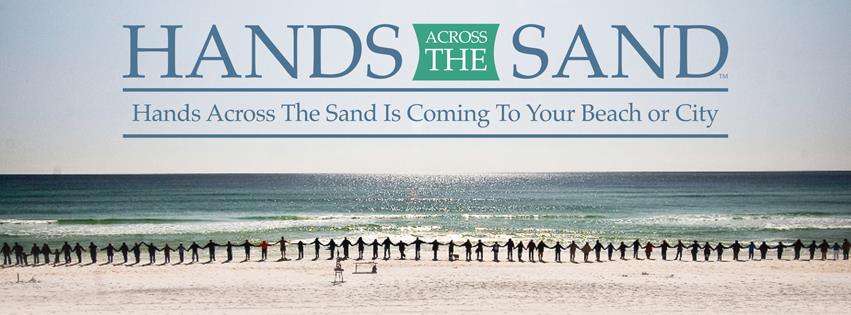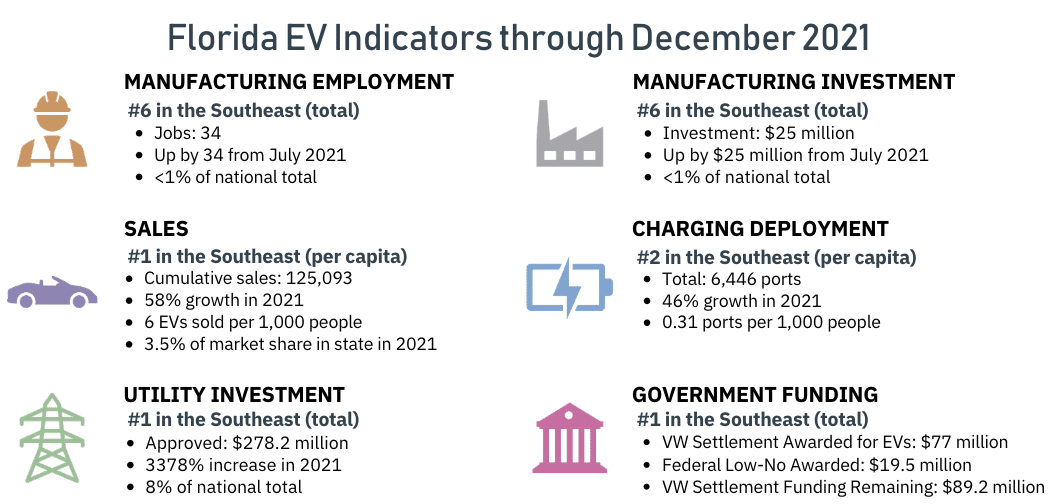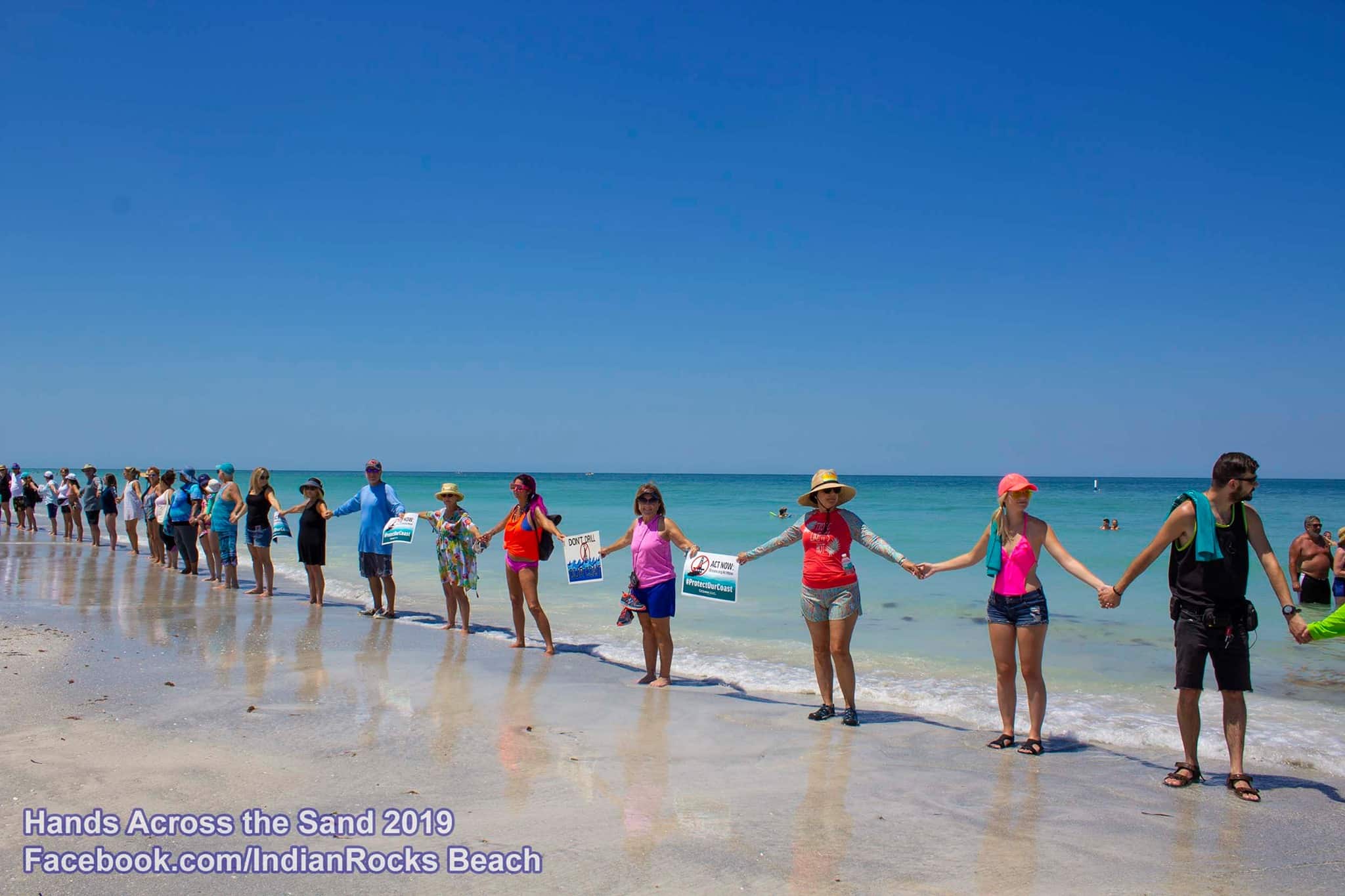Florida’s coasts are still at risk twelve years after BP’s Deepwater Horizon oil spill.
Susan Glickman | May 5, 2022 | Electric Vehicles, Florida, Fossil Gas, Offshore DrillingThis op-ed written by SACE staff Susan Glickman originally appeared on TheInvadingSea.com on April 20, 2022, and subsequently in The Pensacola News Journal on April 23.
It’s been 12 years since an explosion on BP’s Deepwater Horizon rig in the Gulf of Mexico killed 11 crew members and injured 17. The disaster that began on April 20th lasted for five months. It was the largest marine oil spill in history. Almost 134 million barrels of oil created a 57,000-square-mile oil slick that polluted 1,100 miles of shoreline.
Ultimately, government scientists found BP responsible for the disaster. More recently, the University of South Florida scientists found petroleum hydrocarbons in all fish species at levels two to three times higher than elsewhere in the Gulf. It’s projected that it will take 50 to 100 years for the deep ocean ecosystem to recover.
This is the legacy of a polluting energy system. We cannot let this happen again. Florida’s economy is tied to our beautiful beaches, so there’s much at stake.
That’s why it’s important that after a 2-year hiatus due to the COVID pandemic, Hands Across the Sand will take place at several locations across the country on Saturday, May 21. Please join your neighbors by finding an event near you.

Find a Hands Across the Sand event near you
The good news is that we don’t have to drill. We have alternatives — electric vehicles — so why would we risk our tourism-based economy?
Please check out my SACE colleague, Chris Carnevale’s recent blog where he calculates what level of adoption of electric vehicles we need to avoid the need to drill.
Anyone who watches Super Bowl ads knows that the major automakers have announced plans to electrify large portions of their fleets, most notably the popular F-150 Lightning. In fact, two models of the truck sold out before even hitting the dealerships.
It’s expected there will be over 100 models of electric vehicles (EVs) available by the end of 2024. EVs don’t use gas or need oil changes. They’ll likely save you money. Consumer Reports finds that typical ownership savings over the life of most EVs range from $6,000 to $10,000.
Floridians are jumping on board and the sunshine state is the nation’s second-largest market for EVs and number one in the Southeast.

While we are seeing progress, it’s of grave concern to see what longtime environmental reporter Bruce Ritchie of Politico wrote about a meeting between Mike Sommers, president and CEO of the American Petroleum Institute, and state leaders in Tallahassee.
Sommers told the Economic Club of Florida that more access to oil on public lands and faster permitting is needed to combat rising gas prices and provide energy security. After the speech, he said his group asked Florida officials to undo a state constitutional amendment protecting state waters and revoke a 2020 offshore drilling ban signed by then-President Donald Trump in an executive order.
Have we not learned our lesson? Anyone who cares about this state, our beautiful beaches, and wildlife should be up in arms.
Let your voice be heard at Hands Across the Sand. It’s an annual event that started after the BP Oil spill. It’s where, as a community, we stand and say NO to offshore oil drilling. We say NO to dirty fuels and YES to clean energy. This isn’t about politics, it’s about protecting our oceans and marine life, our coastal environment, and our coastal economies. It’s a true grassroots movement.

As to federal waters — 10 miles and beyond — offshore drilling has been banned off Florida since 2006 through a series of time-limited federal moratoriums. The current one expires in June. Just before the 2020 election, former President Trump extended the ban by executive order for an additional 10 years, until 2032.
But executive orders can be changed. We need a permanent ban on drilling. So, let’s stand together on May 21st and tell the American Petroleum Institute that there’s no need to risk our precious beaches with dirty oil drilling. We have cheaper and cleaner options. Drive Electric!
*Due to continued concerns over COVID-19, Hands Across the Sand events are encouraged to be socially distanced this year, with participants holding their hands up, outward, or holding signs, rather than the customary joining of hands at Hands Across the Sand events.